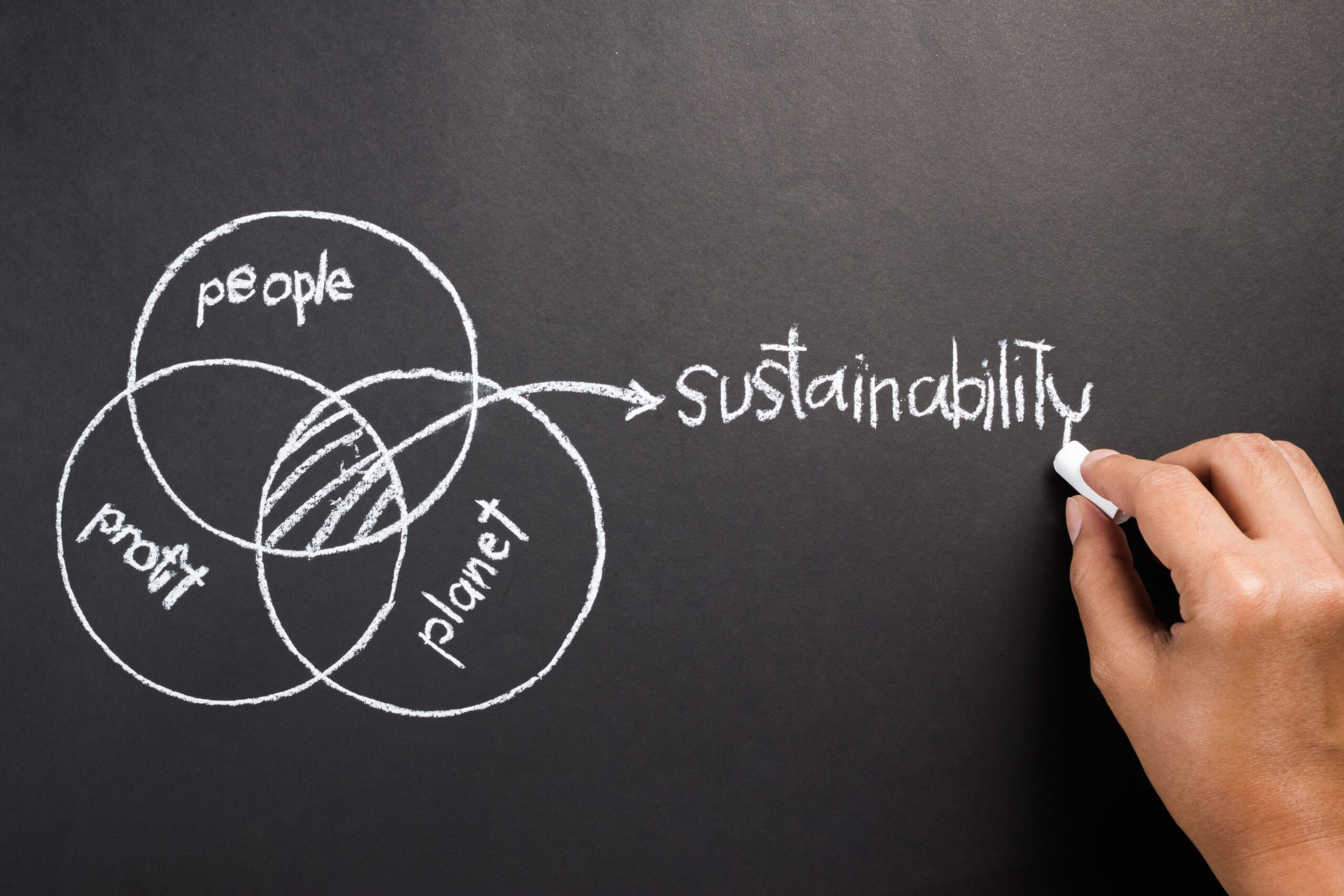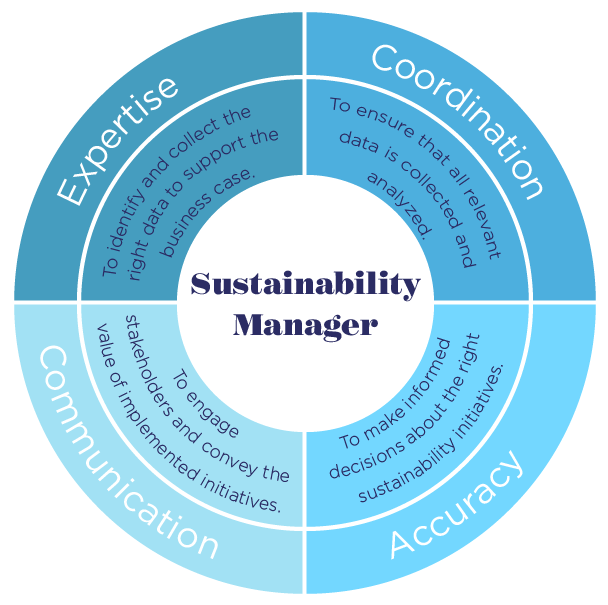Our website is not supported on this browser
The browser you are using (Internet Explorer) cannot display our content.
Please come back on a more recent browser to have the best experience possible

Sustainability and CSR are important topics for any company at different levels. From corporate image and employee retention to even regulatory requirements, green initiatives are becoming important criteria for company, supplier, and product selection.
What challenges companies, however, is not the desire to become more sustainable. It is the implementation of green practices and establishing an efficient operating model that supports those practices. Here we will discuss the business value of implementing such practices as well as the importance of engaging a project manager to do so effectively.
Sustainability has become more important to employees, and today it is an indicator of engagement, performance, and retention. According to the Global and Sustainability institute, 92% of the S&P 500 companies published a sustainability report in 2020, and many of these also disclose environmental risk impacts and carbon reduction targets. IEMA also conducted a poll in the UK that showed many employees would even turn down a job at a firm with a poor sustainability record.
Companies understand the importance of implementing new greener practices to ensure a successful future. Now, more than ever, they need to make sustainability and social practices part of their long-term strategy, not only to draw and retain top talent, but also to remain competitive in an uncertain economic future and to serve a wider consumer base. That is, those who care about what they buy and pay attention to a company’s environmental and social practices.
On top of competing in today’s markets, the most urgent sustainability issue for companies and governments is achieving net zero carbon emissions. For some, it is a legal obligation and compliance is necessary. This requires organizations to take significant steps to reduce their greenhouse gas emissions by implementing strategies to reduce their carbon footprint, such as investing in renewable energies, improving energy efficiency, and reducing waste.
In addition to the zero emissions targets, there are several aspects of business operations where sustainability can be applied, including:

Perhaps your company has already engaged in some sustainable operational activities, but management does not really believe that these efforts contribute increasing profits: they seem like “nice things we do to feel good” or “things we do to comply with government regulations”.
Shifting this paradigm is essential to further the company’s commitment to sustainable practices. Smart leaders need to give the benefit of the doubt to organizational efforts and their impact on both their people and business ecosystem. When measured properly, sustainable activities can even be used as a competitive advantage.
To successfully achieve net zero emissions and other sustainable goals, companies must set ambitious targets and have someone in charge of measuring, reporting, and implementing initiatives throughout their operations and supply chains.
Often, sustainability initiatives are given to employees on top of their workload and without proper tracking and measurement. There is also no recognition or reward, and they become another burden or theoretical deliverable. This makes sustainable initiatives difficult to track, burdensome on employees, and challenging to see benefits.
That’s why organizations need a Sustainability Project Manager to monitor and report on sustainability performance. This involves tracking progress towards sustainability goals and targets, collecting data on environmental performance metrics, and analyzing this information to identify areas for improvement.
A dedicated Sustainability Project Manager initiates and coordinates initiatives, tracks KPIs, collects data for analysis, and understands the positive impact of sustainable practices across the company. They can also communicate results to stakeholders and follow up on changes or improvements to sustainability initiatives.

The project manager is also responsible for creating sustainability reports and communicating this information to stakeholders, such as senior management, investors, and customers. By monitoring and reporting on sustainability performance, the project manager can help ensure that sustainability goals are being met and communicated accordingly. Benchmarking and measuring progress also shape the company’s future competitive positioning.
Essential to the oversight and coordination of sustainable efforts and practices, the project manager brings value to sustainability initiatives by:
Overall, a project manager for sustainability plays a critical role in driving sustainability efforts within an organization. They ensure that sustainable practices are integrated into all aspects of business operations and report on the effectiveness and progress of such practices.
The sustainability manager is central to materializing all sustainability initiatives, as they will develop and track important progress measurements as well as their impact. Without them, it becomes almost impossible for the company to report the value of all implemented practices.
In summary, sustainable practices are not only beneficial for the environment and society, but they also make good business sense. Companies that prioritize sustainability are more likely to attract and retain customers, investors, and employees who value responsible and ethical practices.
Moreover, sustainable projects can lead to cost savings, innovation, and new business opportunities. Therefore, investing in a sustainability project manager can yield many benefits for a company, including a positive impact on profits, people and on our planet.
This article was written by Irma FUBIANI.
Loved what you just read?
Let's stay in touch.
No spam, only great things to read in our newsletter.
We combine our expertise with a fine knowledge of the industry to deliver high-value project management services.
MIGSO-PCUBED is part of the ALTEN group.
Find us around the world
Australia – Canada – France – Germany – Italy – Mexico – Portugal – Romania – South East Asia – Spain – Switzerland – United Kingdom – United States
© 2024 MIGSO-PCUBED. All rights reserved | Legal information | Privacy Policy | Cookie Settings | Intranet
Perfect jobs also result from great environments : the team, its culture and energy.
So tell us more about you : who you are, your project, your ambitions,
and let’s find your next step together.
Dear candidates, please note that you will only be contacted via email from the following domain: migso-pcubed.com. Please remain vigilant and ensure that you interact exclusively with our official websites. The MIGSO-PCUBED Team
Choose your language
Our website is not supported on this browser
The browser you are using (Internet Explorer) cannot display our content.
Please come back on a more recent browser to have the best experience possible
